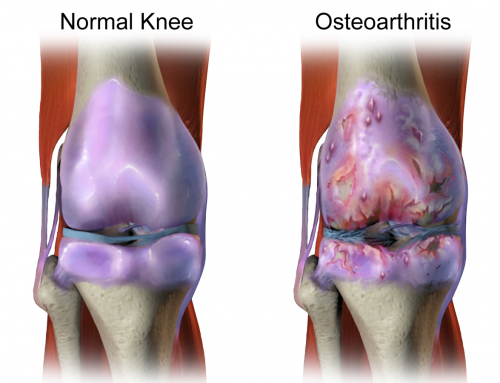If you’ve tried to lose weight but haven’t been very successful, or worse, you lost it, only to gain it all back, chances are you aren’t going about it in a healthy way. Many popular diets recommend that you eat very few calories or restrict your food choices so drastically that you end up not eating a balanced diet. It’s unhealthy, and frustrating, and it makes you want to quit.
In my practice, I have found the number one best thing I can do for my patients’ weight loss is to help them reduce inflammation in their diet.
It’s not about the calories.
Inflammatory foods slow weight loss – and it’s not just about the calories. Suppose I were to tell you to eat 1200 calories per day. On day one, you choose to eat 1200 calories of grass-fed beef, free range chicken, fruits and veggies. Then, on day two, you choose to consume 1200 calories of junk food. Which day do you think you would have less inflammation, feel better and have a better chance of losing weight?
Same number of calories, right? But intuitively, you know that it is not all about the calories; it is about the quality of what you eat. It’s about inflammation and the amount of stress your food choices create in your body.
Many of you have probably heard of gluten. Gluten is just one of the 184 different foods for which I test my patients for allergies and sensitivities. Everyone is different, and my job is to determine which foods are creating inflammation for that individual patient and what is the best food plan tailored specifically to that individual patient. Don’t want to count calories? You shouldn’t have to! When we get the diet right, my patients do not have to count calories!
General tips to start the process to lose weight in a healthy way. This approach helps you maintain good overall health and get to a healthy weight – the right way, so you can keep it off.
Stop Snacking between Meals.
If you are never hungry, your body never has a reason to eat your fat. Try to have at least 12 hours between dinner and breakfast.
Stop Eating High Fructose Corn Syrup, Table Sugar and Simple Carbs.
When you eat easily digestible, carbohydrate-rich foods, such as refined carbohydrates, (like flour and cereal), grains, starchy vegetables (like potatoes), and sugars, (like sucrose and high fructose corn syrup), you stimulate insulin secretion. This literally makes you fat, and even worse, it drives you to accumulate MORE fat by making you hungrier. If your insulin is elevated you are never going to burn fat – ever.
Don’t “Go on a Diet.”
The fact is that when people go on a diet, they initially lose some weight, but then go back to their former, usually bad, eating habits. The end result is that they regain most of the weight they lost (and maybe some extra pounds to boot). Instead of going on a restrictive diet, keep that focus on eating healthy foods, which give you the nutrients you need and make you feel satisfied, so you won’t fill up on junk food.
Eat High Quality…
Your body needs foods that are rich in nutrients. Unhealthy weight is usually due to poor nutrition. Foods such as fruits, vegetables, whole grains, eggs, beans, quality meats, nuts and certified raw milk products all have the nutrients you need and will aid weight loss and overall health. The trick is learning to adapt to a healthier diet and find things to replace the not-so-healthy foods in your diet that you are used to.
… And Don’t Eat Low Quality.
Processed “foods” and frozen meals are considered low quality because they aren’t rich in nutrients, and you often don’t know exactly what you are eating. The nutrition labels on most foods are full of good information if you look for it. As a rule of thumb, the more ingredients you can’t pronounce, the worse a particular food choice is going to be. Fast food, similarly, is almost always going to be a bad choice. Cheap and easy often means “loaded with chemicals and preservatives.”
Permanent weight loss can be very difficult. For some people, even with exercise and a healthy diet, losing weight seems impossible. Often, the culprit is a damaged metabolism. Some of the avenues that should be explored: detoxification, food allergies & sensitivities, insulin resistance, adrenal fatigue, thyroid function, hormone imbalance, sleep disturbance, neurotransmitter (brain chemistry) imbalance, and or poor digestion. If you have questions about losing weight in a healthy way, or any aspect of your wellness, please call us for an appointment with Dr. Ridley.




Leave A Comment